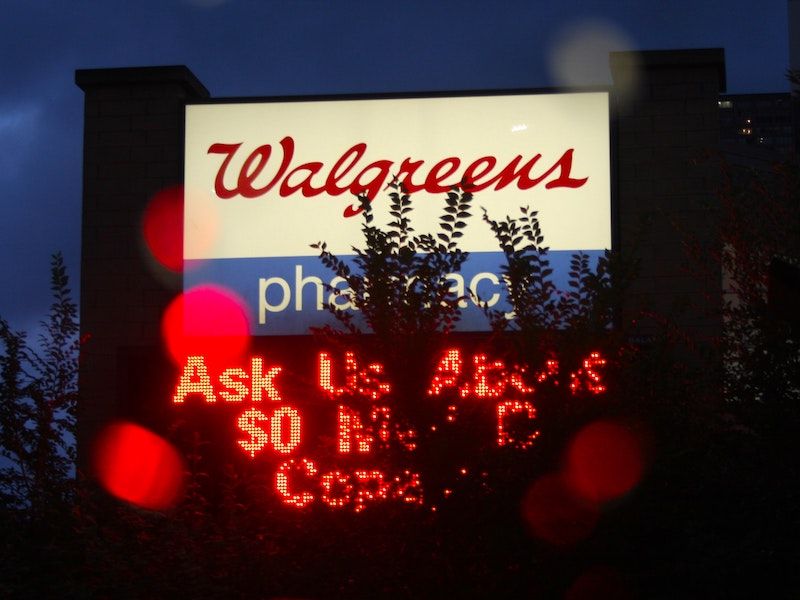Playbook #054: NNN (Triple Net) Leases

🖼️ The Big Picture
How would you like to own a property that has guaranteed cash flow, locked in for 10, 15, or even 25 years, paid by 1 stable business tenant, with essentially no landlord responsibilities? Welcome to the world of NNN (triple-net) leases.
Among real estate investors, NNN lease properties are among the most conservative and risk-averse investments. NNN means that, as a landlord, you’re operating from a position of “net, net, net.” Your tenant, in addition to paying rent, also handles:
- Property taxes
- Insurance
- Maintenance and Repairs
There are also N (single net - paying property taxes, and not as common) and NN (double net - paying property taxes and insurance, and much more common) leases, which are the same idea with slightly different terms.
Since it’s one tenant that doesn’t need to be managed and they’re covering all the expenses of the property… What's left for you to do? The answer is… not much, except to collect your mailbox money.
When assessing whether to buy one of these properties, it’s all about the tenant and lease. Most leases are at least 10 years, though they could be as short as 2 or 5 years depending on the property and tenant. A good lease will have rent raises built in, annually or every 5 years, and be “bondable” — meaning the tenant can’t back out because of rising costs (such as maintenance).
The gold standard tenant for this asset class is Walgreens. They sign 25-year+ leases (here’s one for sale with a 60-year NN lease!) which gives them their pick of prime locations. Other examples of NNN tenants include Dollar General, CVS, 7-Eleven, Wendy’s, O'Reilly Auto Parts, AutoZone, medical buildings, offices, and grocery stores.
In normal times, locking in a 4%, 5%, or 7% return for the long term and adding in tax deductions like depreciation, appreciation, and mortgage paydown make NNN lease buildings an attractive, low-risk investment.
The obvious downside is that your returns aren’t beating inflation when it’s 8% or more like it is today, and there’s nothing you can do about it because it’s a long-term lease. However, this is a strong wealth preservation strategy, and it’s a great fit for the right investor.
And new app-based platforms like HappyNest make it possible to participate in a REIT specializing in NNN with clients like CVS and FedEx for as little as $10.
🔢 By The Numbers
You don't have access to this CAPITALIZE issue at the moment, but if you upgrade your account you'll be able to see the whole thing, as well as all the other posts in the archive! Subscribing will give you immediate access.
This CAPITALIZE issue is for members only
Join nowWhat is CAPITALIZE?
CAPITALIZE is a tool for discovering new ways to grow your wealth. You get a new investment idea each week in a simple 7-Minute report. Quickly check to see if it matches your "Investor DNA" and fast-track your way to being a top 1% investor... with less risk. Created by Wealth Factory for people who want to build their wealth and keep it.
